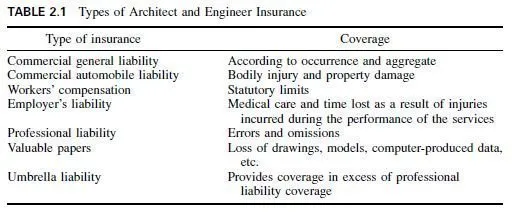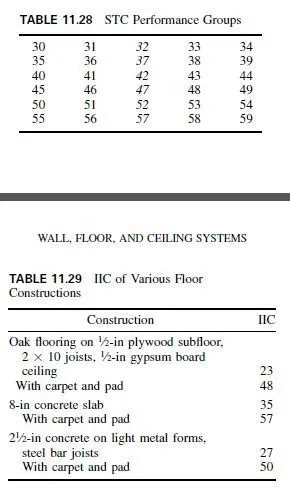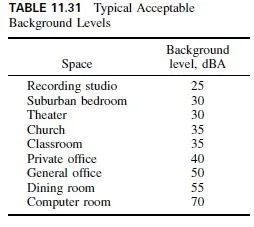There are many miscellaneous concrete additives for use as pumping aids and as dampproofing, permeability-reducing, gas-forming agents.
Pumping aids are used to decrease the viscosity of harsh or marginally pumpable
mixes. Organic and synthetic polymers, fly ash, bentonite, or hydrated lime may be used for this purpose. Results depend on concrete mix, including the effects of increased water demand and the potential for lower strength resulting from the increased water-cement ratio. If sand makes the mix marginally pumpable, fly ash is the preferred pumping additive. It generally will not increase the water demand and it will react with the calcium hydroxide in cement to provide some strength increase.
Dampproofing admixtures include soaps, stearates, and other petroleum products.
They are intended to reduce passage of water and water vapor through concrete.
Caution should be exercised when using these materials inasmuch as they may increase water demand for the mix, thus increasing the permeability of the concrete. If dense, low-permeable concrete is desired, the water-cement ratio should be kept to a maximum of 0.50 and the concrete should be well vibrated and damp cured.
Permeability of concrete can be decreased by the use of fly ash and silica fume as admixtures. Also, use of a high-range water-reducing admixture and a watercement ratio less than 0.50 will greatly reduce permeability.
Gas-forming admixtures are used to form lightweight concrete. They are also used in masonry grout where it is desirable for the grout to expand and bond to the concrete masonry unit. They are typically an aluminum powder.


